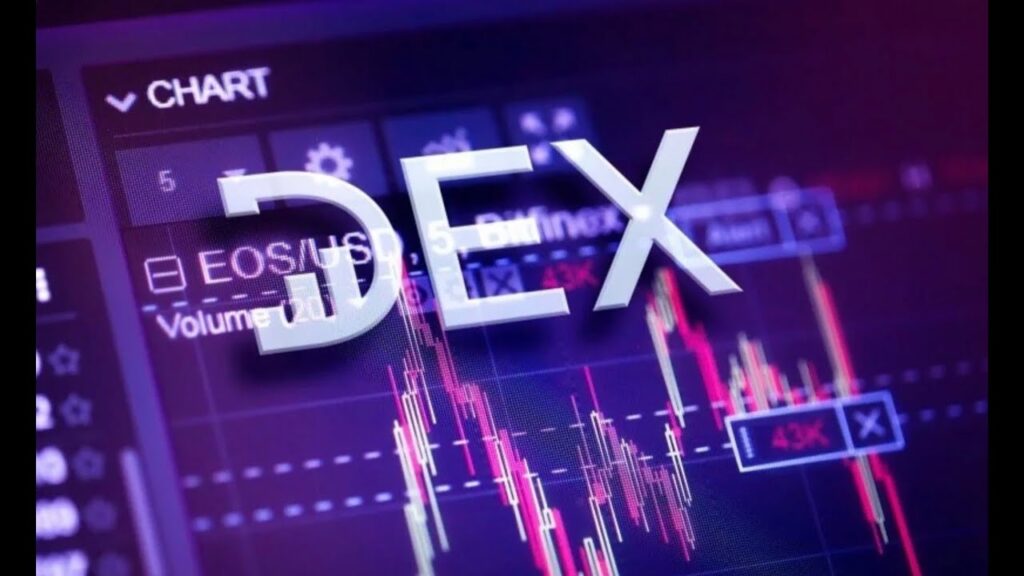Introduction
In the rapidly evolving digital financial landscape, cryptocurrency exchanges have become pivotal platforms facilitating the buying, selling, and trading of digital assets. As the adoption of cryptocurrencies continues to surge, understanding the nuances of these exchanges is essential for both novice and seasoned investors. This guide delves into the intricacies of cryptocurrency exchanges, exploring their types, functionalities, and strategic considerations to assist users in making informed decisions in 2025.
Understanding Cryptocurrency Exchanges
Cryptocurrency exchanges are online platforms that enable users to trade digital currencies for other assets, such as conventional fiat money or other digital currencies. They act as intermediaries between buyers and sellers, providing a secure and efficient environment for transactions.

Types of Cryptocurrency Exchanges
1. Centralized Exchanges (CEX)
Centralized exchanges are operated by companies that own and manage the platform. They offer high liquidity, user-friendly interfaces, and a wide range of trading options. Users must trust the exchange to manage their funds securely.
2. Decentralized Exchanges (DEX)
Decentralized exchanges operate without a central authority, allowing peer-to-peer trading directly between users. They offer increased privacy and control over funds but may have lower liquidity and a steeper learning curve.
Key Features of Cryptocurrency Exchanges
- Trading Pairs: Exchanges offer various trading pairs, such as BTC/USD or ETH/BTC, enabling users to trade between different cryptocurrencies and fiat currencies.
- Liquidity: High liquidity ensures that transactions can be executed quickly without significant price fluctuations.
- Security Measures: Robust security protocols, including two-factor authentication (2FA), cold storage, and encryption, protect user funds and data.
- User Interface: An intuitive and responsive interface enhances the trading experience, especially for beginners.
- Fees: Exchanges charge fees for transactions, withdrawals, and other services. It’s essential to understand the fee structure before trading.

Leading Cryptocurrency Exchanges in 2025
1. Binance
Binance remains the largest cryptocurrency exchange by trading volume, offering over 600 cryptocurrencies and a suite of services, including futures trading, staking, and an NFT marketplace. Its competitive fees and extensive educational resources make it a preferred choice for many traders.
2. Kraken
Kraken is renowned for its strong security measures and regulatory compliance. It offers a wide range of fiat and crypto pairs, advanced trading tools, and a user-friendly interface, catering to both beginners and professional traders.
3. Coinbase
Coinbase is a U.S.-based exchange known for its ease of use and regulatory adherence. It provides a secure platform for buying, selling, and storing cryptocurrencies, making it ideal for newcomers to the crypto space.
4. OKX
OKX offers a comprehensive trading platform with support for various cryptocurrencies, advanced trading features, and a robust security framework. Its global reach and commitment to innovation position it as a significant player in the crypto exchange landscape.
5. Gemini
Gemini emphasizes regulatory compliance and security, offering a trustworthy platform for trading and storing digital assets. Its user-friendly interface and educational resources make it suitable for both individual and institutional investors.
Factors to Consider When Choosing a Cryptocurrency Exchange
- Regulatory Compliance: Ensure the exchange operates within the legal frameworks of your jurisdiction.
- Security Protocols: Look for exchanges with strong security measures to protect your assets.
- Supported Assets: Choose an exchange that supports the cryptocurrencies you intend to trade.
- Fee Structure: Understand the fees associated with trading, withdrawals, and other services.
- Customer Support: Reliable customer service is crucial for resolving issues promptly.
Security Best Practices for Using Cryptocurrency Exchanges
- Enable Two-Factor Authentication (2FA): Adds an extra layer of security to your account.
- Use Strong Passwords: Create complex passwords and avoid reusing them across platforms.
- Regularly Monitor Account Activity: Keep an eye on your account for any unauthorized transactions.
- Withdraw Funds to Personal Wallets: Store your cryptocurrencies in personal wallets rather than leaving them on exchanges.

The Future of Cryptocurrency Exchanges
As the cryptocurrency market matures, exchanges are expected to evolve, offering more advanced features, enhanced security, and greater integration with traditional financial systems. Innovations such as decentralized finance (DeFi) integration, improved user experiences, and expanded regulatory compliance will shape the future of cryptocurrency exchanges.
Conclusion
Cryptocurrency exchanges are integral to the digital asset ecosystem, providing platforms for trading and investing in cryptocurrencies. By understanding the different types of exchanges, their features, and best practices for security, users can navigate the crypto landscape effectively. As the industry continues to grow and evolve, staying informed and vigilant is key to successful participation in the cryptocurrency market.
